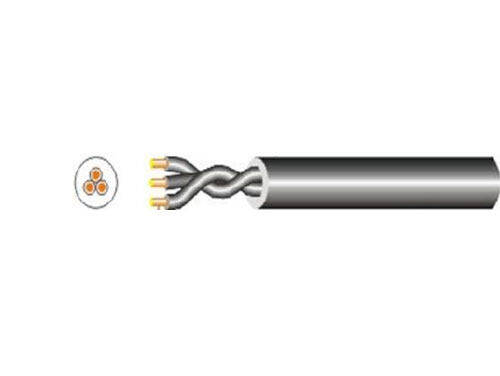- 1How to distinguish cable materials?
- 2How to conduct a visual inspection of wires and cables?
- 3How to evaluate the quality and performance of wires and cables?
- 4Troubleshooting of Low Voltage Automotive Wires: Common Problems and Solutions
- 5Application and Challenges of Low Voltage Automotive Wires in Electric Vehicles
- 6Analysis of Safety and Reliability of Low Voltage Automotive Wires
Choosing a high-quality UL cable that meets your needs requires consideration of the following factors

Choosing a high-quality UL cable that meets your needs requires consideration of the following factors:
Current carrying capacity: Determine the required current carrying capacity based on your equipment requirements. UL connectors usually indicate their rated current to ensure that the selected connector can withstand the current required by your device.
Wire Material: UL connectors typically use copper or aluminum as the wire material. Copper wires have good conductivity and oxidation resistance, but they are relatively expensive; Aluminum wire has a lower price, but slightly lower conductivity. Select appropriate wire materials based on actual needs and budget.
Insulation material: The insulation material of UL connecting wires should have the characteristics of high temperature resistance, wear resistance, and corrosion resistance. Common insulation materials include PVC, TPE, XLPE, etc. Choose insulation materials that match the working environment of your device.
Wire specifications: The wire specifications of UL connecting wires determine their resistance and inductance values. Larger wire specifications can provide better current transmission performance, but also increase costs and weight. Choose the appropriate wire specifications based on your device requirements.
Length and shape: Choose the appropriate length and shape of the connecting wire based on your device layout and usage needs. UL connectors usually come in various lengths and shapes to choose from, such as straight, bent, spiral, etc.
Certification standards: Ensure that the selected UL connection wires comply with UL certification standards to ensure their quality and safety. UL certification is a widely recognized safety certification standard in North America. Choosing cables with UL certification can improve the safety and reliability of equipment.
Brand reputation: Choosing UL connectors from well-known brands can provide better quality assurance and after-sales service. You can learn about the reputation and credibility of different brands by reviewing user reviews and consulting with professionals.
Finally, it is recommended to conduct sufficient market research and comparison before purchasing UL cables, choose products with higher cost-effectiveness, and ensure that purchases are made from legitimate channels to avoid purchasing low-quality or counterfeit products.

 Combining strength and flexibility · Easy to move
Combining strength and flexibility · Easy to move
 中文
中文